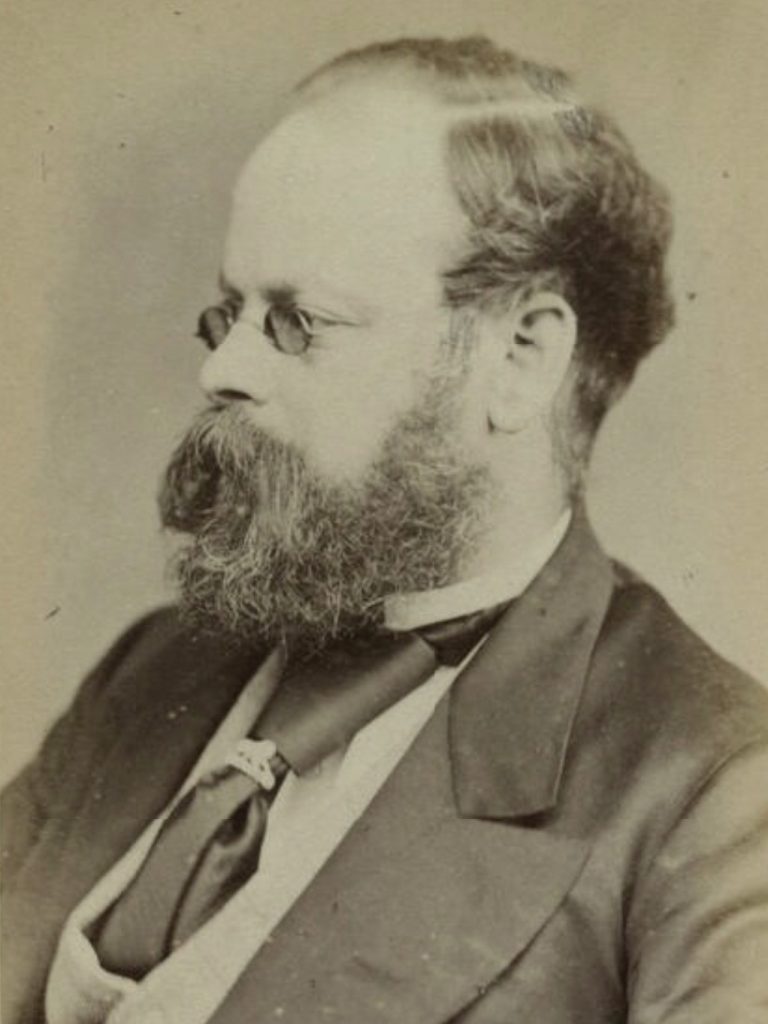Born today on 10th February 1824…
Have you ever worried about being on a sinking ship? Most of us have imagined ourselves aboard a boat the moment it is swallowed by the waves.
Before 1876, this was much more of a risk for British sailors than it is now. Without proper safety legislation, so-called “coffin-ships” were overloaded to maximise profit at the expense of the safety of those onboard. Such vessels were often in poor repair and heavily insured so as to protect the wealth of their owners.
Things began to change when Samuel Plimsoll was elected as the Liberal Member of Parliament for Derby in 1867. Before his time in Parliament, Plimsoll had struggled with destitution. This experience gave him a determination to help those in poverty. He turned this resolve towards the regulation of shipping to save the lives of sailors across the country.
This was no easy task. Many powerful members of Parliament at the time were ship owners who were reluctant to pass any such regulation into legislation. Nevertheless, Plimsoll helped introduce a bill that would greatly regulate shipping.
For a time, it seemed as if Plimsoll’s bill might succeed. That is until on the 22nd of July, 1875, the Prime Minister, Benjamin Disraeli, gave a crushing announcement: Plimsoll’s bill had been defeated in the House of Commons.
In anger, Plimsoll lost his temper and insulted the members of Parliament. It seems that the public shared his frustration. Before long, the government was forced to bow to public pressure by amending Plimsoll’s bill into the Merchant Shipping Act of 1876.
This act mandated that every British vessel has a mark on its hull to show when it is dangerously overloaded. That mark became known as the Plimsoll Line and it is still used today.
Samuel Plimsoll now rests in one of Folkestone’s cemeteries, St Martin’s churchyard, having retired to the town in his twilight years.
Written by Joseph Burton, Folkestone Museum volunteer.

